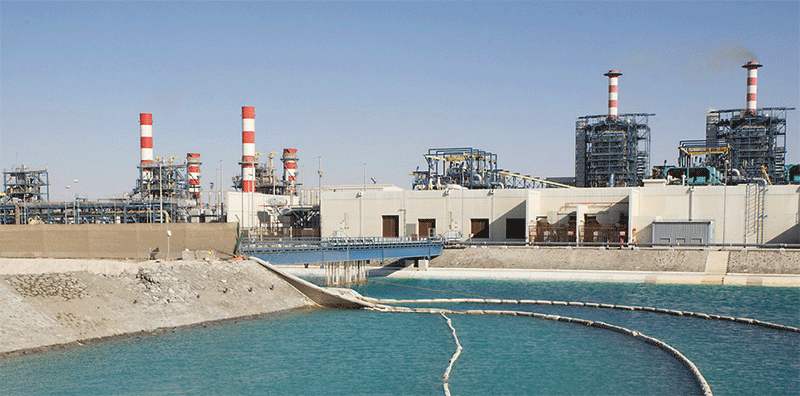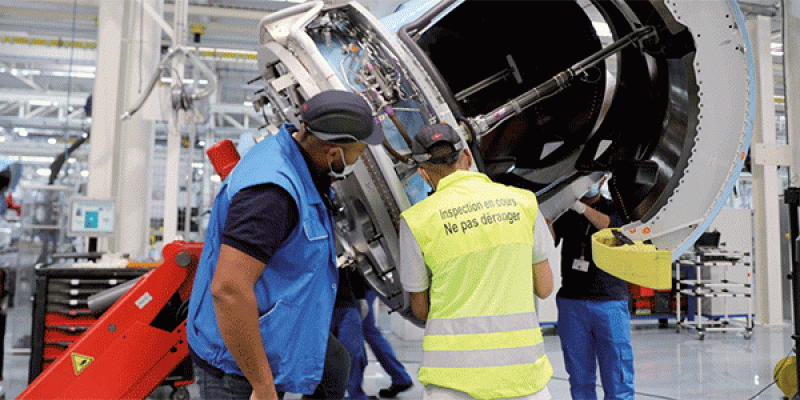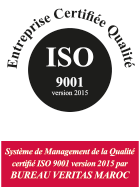
The creation of seawater desalination plants for irrigation was the subject of a recent oral question in the House of Councillors during the question time session. For the Minister of Agriculture, this option is part of the implementation of the Generation Green strategy and of the National Program for Drinking Water Supply and Irrigation (PNAEPI). Mohamed Sadiki’s department aims to irrigate 120,000 hectares using seawater desalination, based on a partnership between the public and private sectors. The project began with the creation of the first seawater desalination plant in the Souss-Massa region, at Chtouka Ait Baha. It cost 4.4 billion Dirhams (USD 440 million), including 1.86 billion Dirhams (USD 186 million) in state support. Operation of this infrastructure began in December 2022. The aim is to irrigate an area of 15,000 hectares for the production of early vegetables, with a capacity of 125,000 cubic meters per day. The goal is also to supply the city of Agadir with 150,000 cubic meters of drinking water per day. To cope with growing water stress in the Souss-Massa perimeter, the plant will be expanded to 400,000 cubic meters per day, compared with the current 175,000 cubic meters. The study has been completed. Negotiations are underway with specialized companies.
Then there is the Dakhla-Oued Eddahab desalination plant project, costing 2.6 billion dirhams (USD 260 million). The project began over a year ago. The aim is to create a new 5,000-hectare irrigated environment. Today, there are barely 1,000 hectares available for agriculture. The aim is to increase this area to 6,000 hectares. It will also be necessary to supply the town of Dakhla and the surrounding area with drinking water. The project, based on an integrated approach to water, energy, and food, comprises a seawater desalination plant with a capacity of 37 million cubic meters per year. In addition, there is a wind power station with a capacity of up to 60 megawatts. There is also a 130-kilometer irrigation network. Operation of the plant and irrigation network is scheduled to begin in June 2025.
Mohamed CHAOUI


























